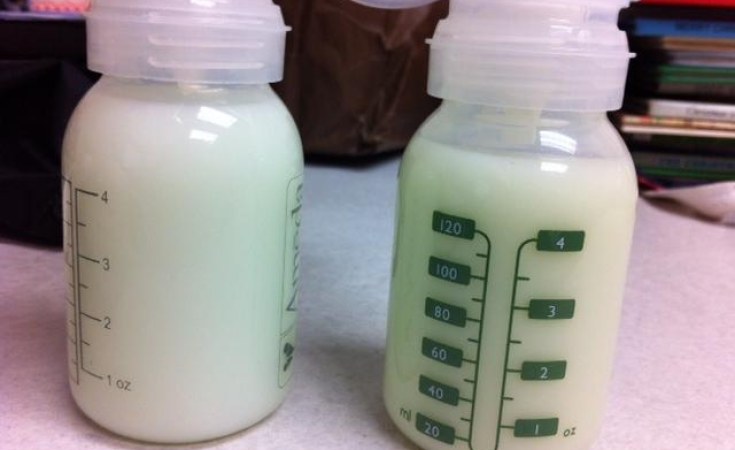The reaction is contained in a statement issued on Thursday and shared with PREMIUM TIMES by the company's Head of Corporate Communications, Victoria Uwadoka.
Nestle Nigeria, a subsidiary of Nestle, a global food and beverage company, has denied adding sugar to its products sold in Nigeria, insisting it is not violating the global guidelines for infant formulas.
This was contained in a statement issued on Thursday and shared with PREMIUM TIMES by the company's Head of Corporate Communications, Victoria Uwadoka.
Nestle Nigeria, a subsidiary of the Swiss-based multinational company, said it complies with the global requirements on the usage of sugar and supplies quality products to every part of the world.
The company's statement is in response to an earlier inquiry by PREMIUM TIMES on the development. Ms Uwadoka had requested that a mail be sent by our reporter and pledged a response as soon as possible, saying she was far away from the office.
Denial
The statement counters the findings of a recent investigation, which revealed that Nestle had been selling substandard infant food products to Nigeria and other low and middle-income countries.
The investigation, carried out by the Public Eye, a Swiss investigative organisation, in collaboration with the International Baby Food Action Network, revealed that Nestle provides its best quality to Europe and other developed nations but supplies substandard products to low- and middle-income countries across the world.
"For Nestlé, not all babies are equal when it comes to added sugar," the report said.
Samples of Nestle's baby food products sold in Asia, Africa, and Latin America were sent to Belgium for laboratory testing.
PREMIUM TIMES had reported some of the findings which significantly involved Nigeria.
Sugar in Nigeria Cerelac
Traces of sugar, such as sucrose or honey, were found in samples of Cerelac, a cereal for children between six months and two years old, and Nido, a follow-up milk formula brand intended for infants at least one year old.
Reacting to these claims, Nestle Nigeria said the multinational company provided the same nutrition, health, and wellness principles everywhere in the world.
According to the company, Cerelac may have slight variations in recipes worldwide.
It also said, "In Europe, Nestlé's range of cereals comes with and without added sugars.
" Like everywhere in the world, in Nigeria, we do not add sugars (sucrose and glucose) to Infant formula for children aged 0-12 months.
It said, "These principles are aligned with both international and local guidelines, noting that baby formulas in Nigeria for children 0-12 do not add sugar contents. Nigeria, our Growing Up Milk have no added sugars.
"Our milk and cereals for young children are fortified with vitamins and minerals such as iron to help tackle malnutrition."
High sugar in Nigeria's Cerelac
Cerelac from Nigeria had the second-highest sugar content, with 6.8g per serving. The country closely follows the Philippines, which has 7.3g.
The report said, "On average, our analysis found almost 4 grams per serving or about one sugar cube."
Nigeria was ranked 7th out of 10 countries with high sugar content in Nido. According to the report, samples from Nigeria and Senegal, ranked 8th, had 0.6g.
The highest sugar content was found in Panama samples, at 5.3g per serving. Then came Nicaragua 4.7g; Mexico 1.8g; Costa Rica 1.6g; South Africa 0.9g; and Indonesia 0.7g.


